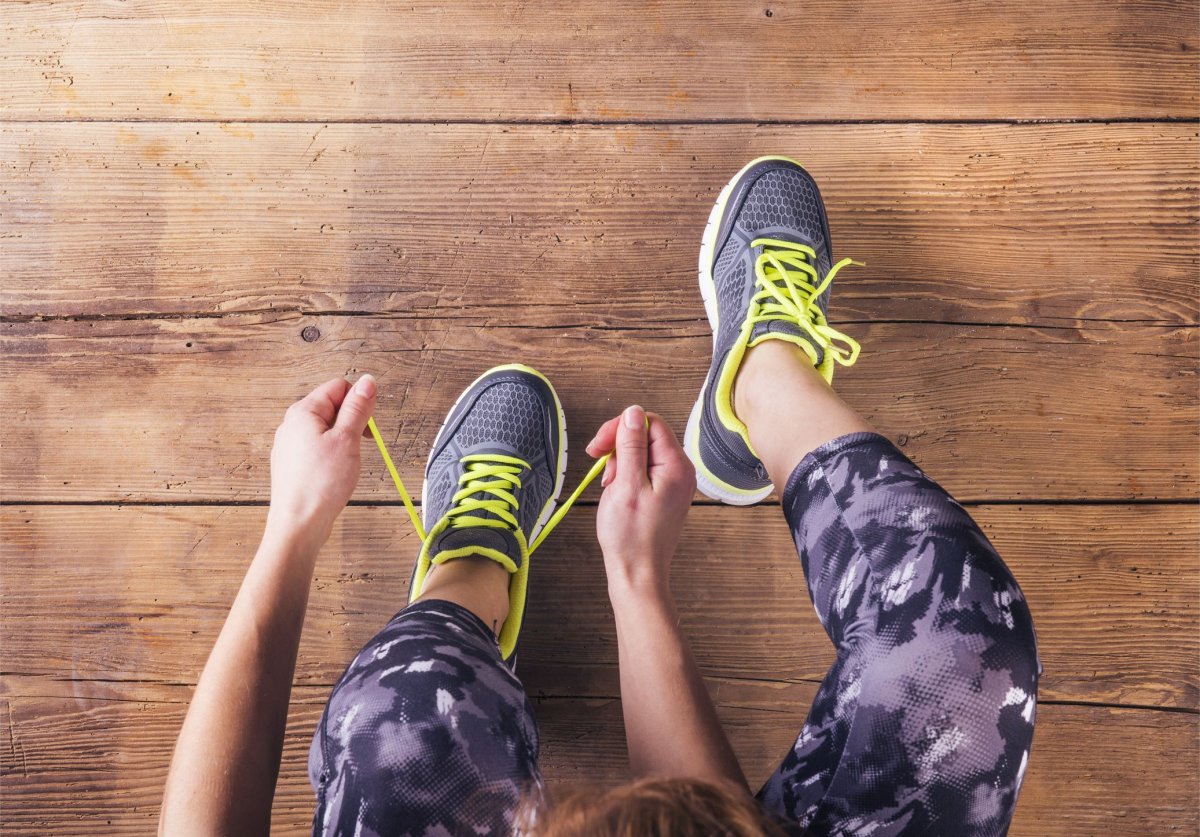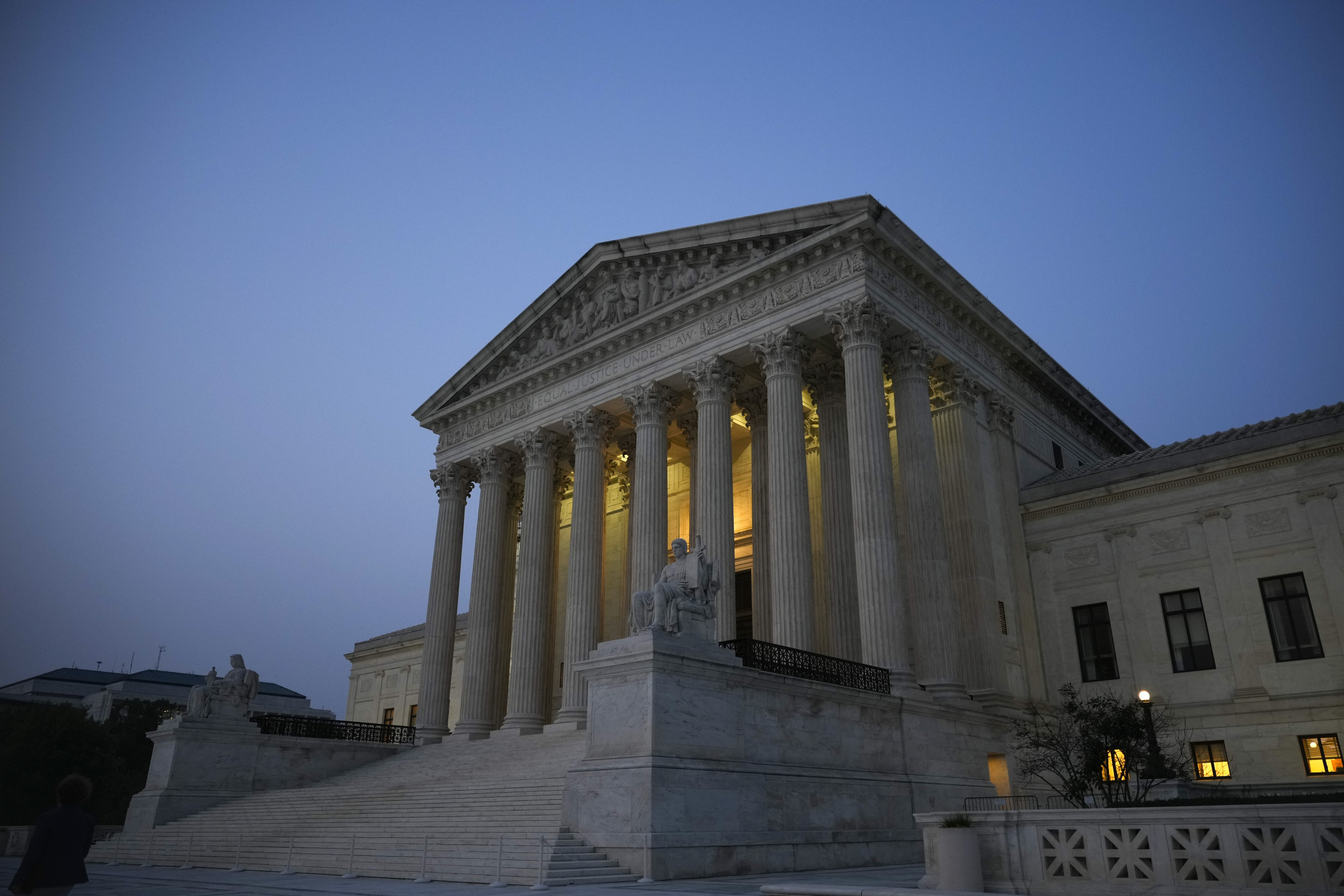Exercising vigorously can lower blood pressure in teenagers, according to research.
While heart disease is often associated with older people, evidence suggests our teen years are a time when the signs of cardiovascular disease starts to appear, the authors of the findings—published in the journal Experimental Physiology—noted.
Researchers at the Children's Health and Exercise Research Centre at the University of Exeter in the U.K. enlisted 13 healthy teenage boys aged between 12 and 15 years old for their small study.
In what is believed to be the first to study to measure post-exercise hypotension—or the lowering of blood pressure after working out—in individuals of this age group, the boys completed four tests in a three-week period. In one, they completed vigorous and moderate exercise. High-intensity exercise was defined as eight bouts of one minute's worth of vigorous running, while jogging for 10 to 12 one-minute bouts was classed as moderate intensity.

On the remaining days they were asked to complete vigorous, moderate or no exercise, respectively. Researchers documented their blood pressure every heartbeat before and up to one-hour after exercise. Ultrasound images were also used to investigate the stretch of the main blood vessels that supply the head and neck, called the carotid arteries.
This information was used to calculate how long the teenagers' experienced post-exercise hypotension.
Read more: Skinny Fat Body Type Linked to Dementia Risk in Study
High-intensity exercise resulted in hypotension lasting up to one hour. But after moderate intensity exercise it only lasted 20 minutes.
The team believes the effect of intense exercise on blood pressure could have long-term health benefits and could be replicated in adults. But more research is needed to investigate and prove this.
While the results were illuminating in terms of blood pressure after exercise, downfalls of the study included the fact it only included boys and the results were only measured one hour after exercising.
The study comes after the American Heart Association updated its blood pressure guidelines. The new criteria, which takes into account damage to the heart which starts at lower levels than previously thought, means many more Americans could be diagnosed with high blood pressure.
Uncommon Knowledge
Newsweek is committed to challenging conventional wisdom and finding connections in the search for common ground.
Newsweek is committed to challenging conventional wisdom and finding connections in the search for common ground.
About the writer
Kashmira Gander is Deputy Science Editor at Newsweek. Her interests include health, gender, LGBTQIA+ issues, human rights, subcultures, music, and lifestyle. Her ... Read more
To read how Newsweek uses AI as a newsroom tool, Click here.








